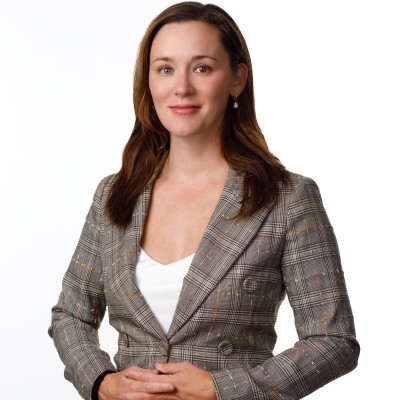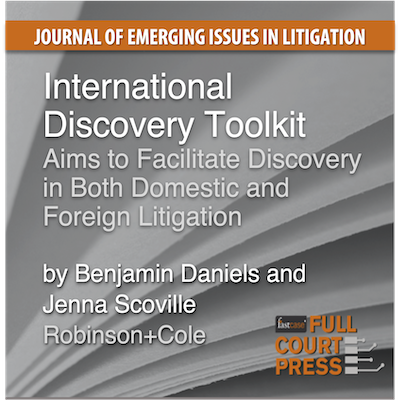Collection, use, and storage of personal data. Data breach, data privacy, artificial intelligence.
Transforming Legal Workflows with AI: Sara Lord Interviews Tara Emory and Wilzette Louis
In this episode, Sara Lord of Legal Metrics speaks with Tara Emory and Wilzette Louis of Redgrave Data about the game-changing potential of robotic process automation and AI, and how these are not just futuristic concepts but practical solutions to today's legal challenges. As Tara notes, "Wherever your team is spending most of its time on manual tasks, that’s where you can further automate with technology and get the most benefit". Wilzette adds, "AI-driven automation technology can take different aspects of an entire workflow and bring them into a set of processes that a software robot can perform for you. Soon, adopting such technology will be a must for firms to compete". Listen and learn more!












